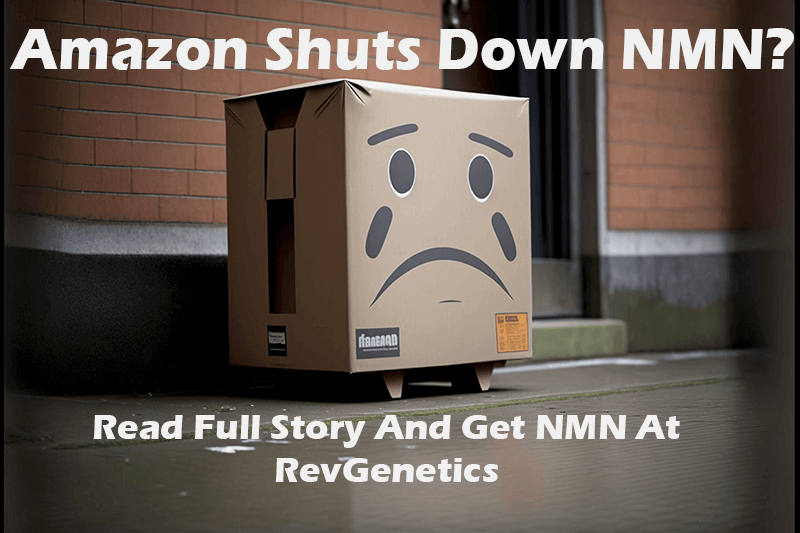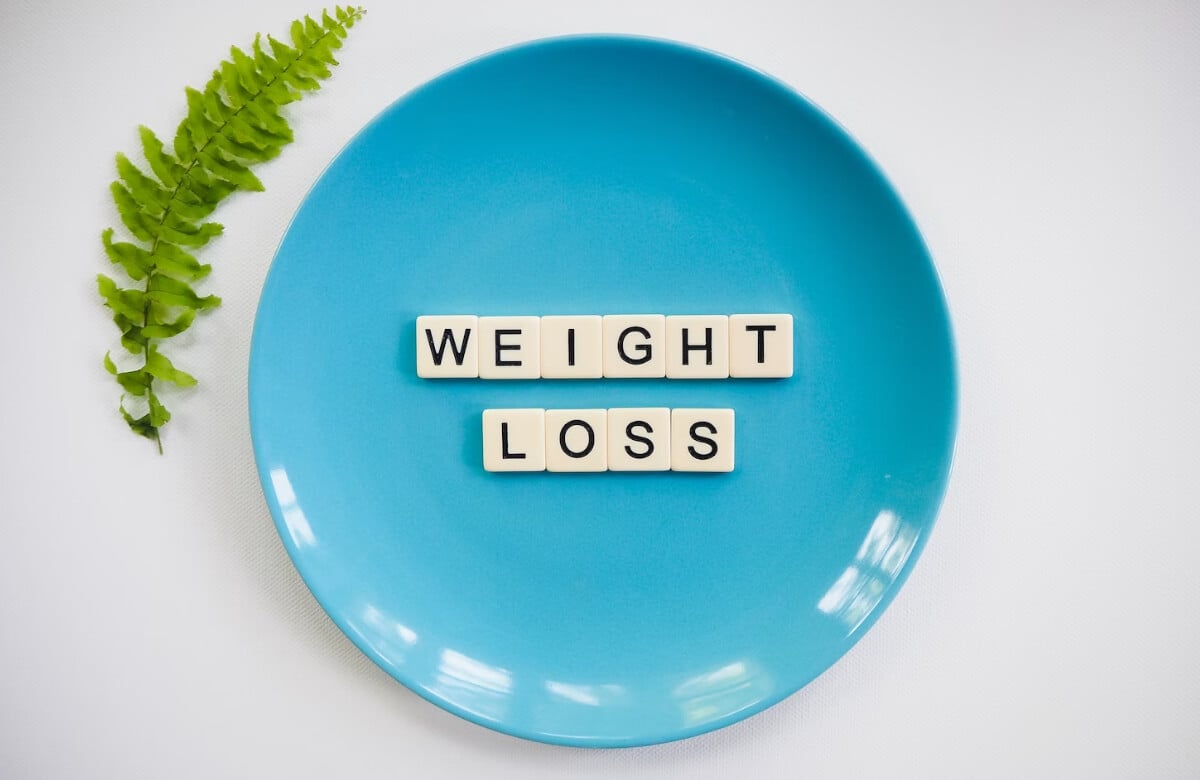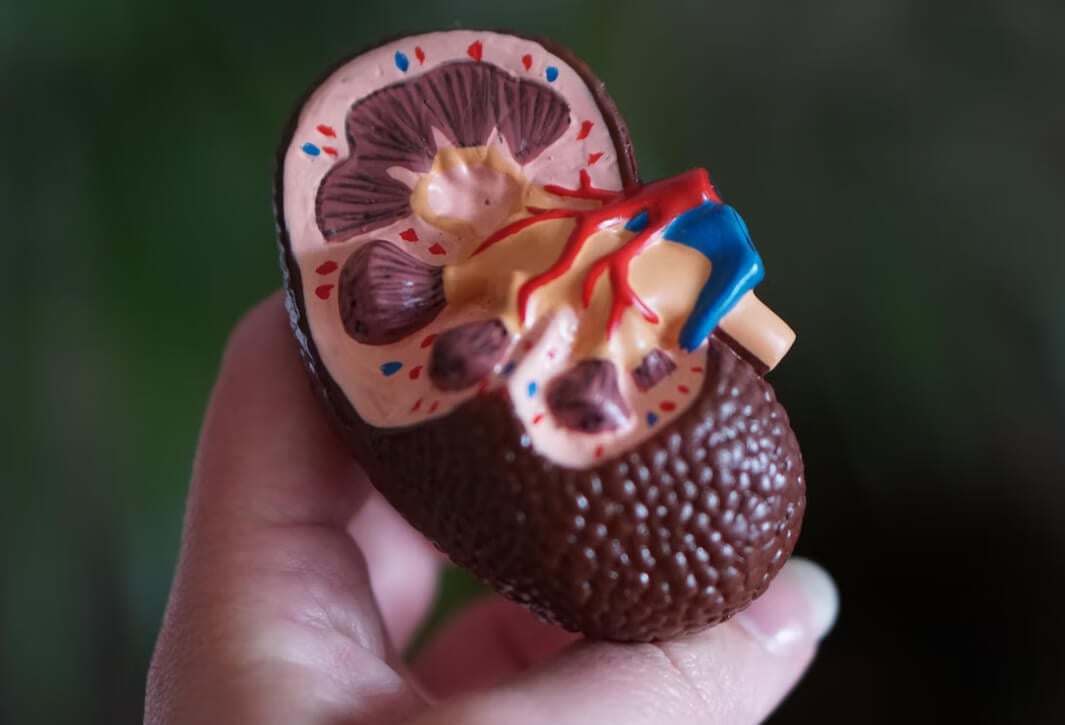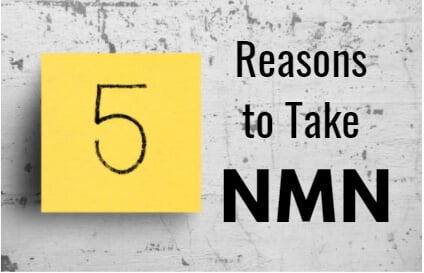The research initially was focused on male subjects, and their colleagues found something interesting. They found that when they added NMN Food (Nicotinamide Mononucleotide) to post-menopausal mammal's water. It was able to reproduce longer. They found that the DNA and the chromosomes of the egg cells were equal to the younger equivalent and that they could produce again. [1]
Their research shows that NMN (Nicotinamide Mononucleotide) may be able to reverse or slow down the effects of menopause in mammals. It is also non-invasive and has excellent potential for fertility treatments.
Post-menopausal women may be more sensitive to insulin with NMN Food?
A short-term clinical study in overweight and obese mammals after menopause with preDiabetes found that dietary supplementation of nicotinamide mononucleotide, as an NMN Food can increase sensitivity to insulin in muscle. NMN (Nicotinamide Mononucleotide) is essential in producing other biomolecules involved in several cellular processes, including metabolism. NMN (Nicotinamide Mononucleotide) has been examined to increase or improve metabolism. Research has already shown that NMN (Nicotinamide Mononucleotide) may partially reverse the effects of aging on insulin susceptibility in mice, especially females. Based on these results, NMN (Nicotinamide Mononucleotide) was introduced as a dietary supplement to enhance glycemic control. However, no human studies have confirmed this claim, and the U.S. Food and Drug Administration disapproves of the NMN (Nicotinamide Mononucleotide).
New research has revealed that 25 overweight and post-menopausal obese human females were randomized to take NMN Foods (Nicotinamide Mononucleotide) or placebo. High blood glucose levels observed in people with preDiabetes—detectable in fasting blood tests or other measures—were primarily due to an inadequate response to insulin in the liver and muscles. The study scientists discovered that the forces of women who received NMN (Nicotinamide Mononucleotide) had a more significant response to insulin after ten weeks. It was in contrast to women who received a placebo. The liver insulin response was not different, and the overall fasting glucose levels did not differ between the two groups. Further research will be determined if NMN (Nicotinamide Mononucleotide) has similar effects on young women, men, or type 2 individuals, and kidney health, if it is safe and long-lasting and whether it can be used therapeutically to treat or prevent type 2 Diabetes. [2]
To continue your journey on taking NMN Foods, click here!
References:
https://pubmed.ncbi.nlm.nih.gov/32049001/
https://pubmed.ncbi.nlm.nih.gov/33888596/









